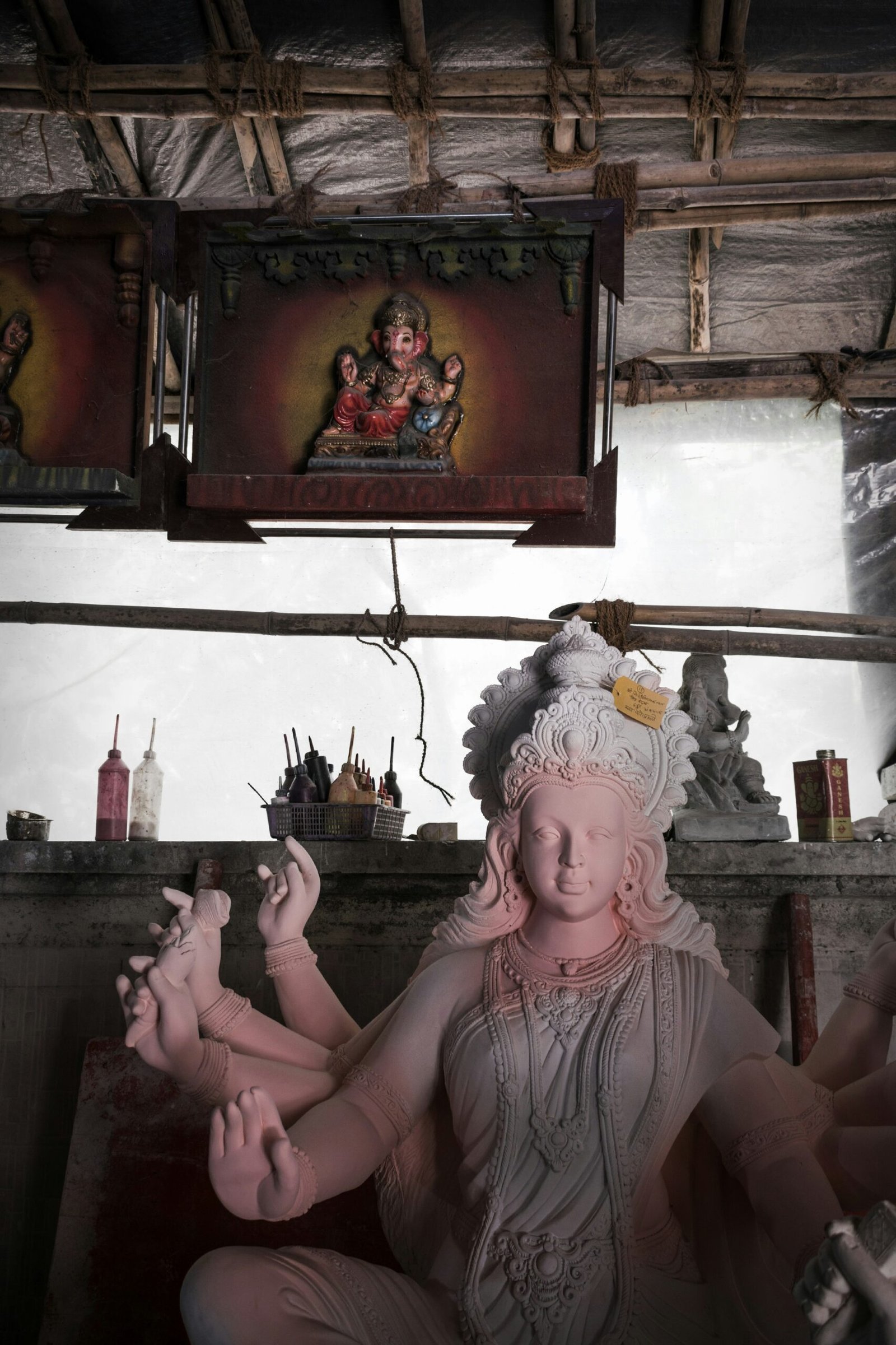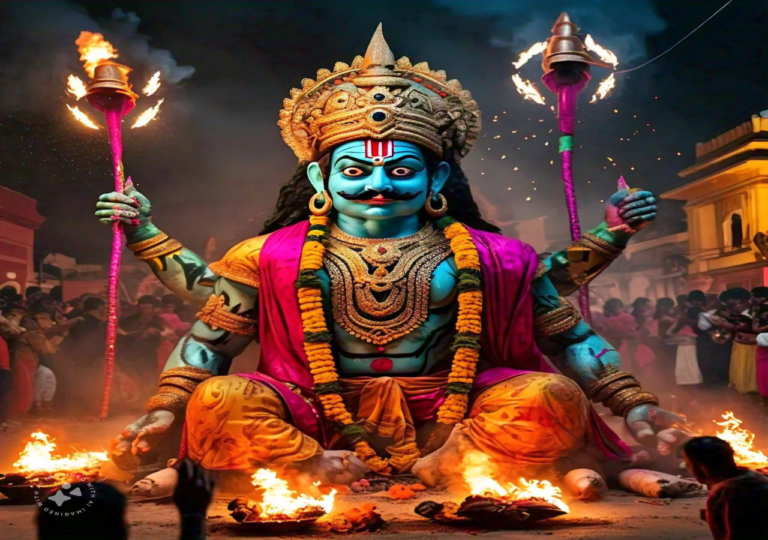
Credit:Pexels
Valentine’s Day, observed annually on February 14th, is a day dedicated to expressing love and affection to cherished ones. While it has become synonymous with romantic relationships, the celebration has a rich history and encompasses a broader spectrum of love. This day is marked by the exchange of tokens of affection, such as cards, flowers, and gifts, as people around the world take the opportunity to celebrate the various forms of love that enrich their lives.
The Origins of Valentine’s Day:
The origins of Valentine’s Day are shrouded in centuries-old legends and historical accounts. One popular belief traces the celebration back to ancient Rome during the third century. The story revolves around a Christian priest named Valentine, who defied Emperor Claudius II’s decree prohibiting marriages for young men, as he believed that single men made better soldiers. Valentine continued to perform marriages in secret, and when his actions were discovered, he was sentenced to death. Before his execution, it is said that he wrote a heartfelt letter signed “from your Valentine” to a young woman he had fallen in love with.
Another narrative suggests that Valentine’s Day may have originated from the Roman festival Lupercalia, a celebration of fertility and purification held in mid-February. Over time, the holiday evolved, blending with Christian traditions and morphing into the Valentine’s Day we know today.
The Evolution of Celebrations:
Valentine’s Day has evolved beyond its historical roots to become a globally recognized celebration of love. While its origins are linked to romantic love, the modern observance extends to various relationships, including family, friends, and self-love. It has transformed into a day for expressing appreciation, gratitude, and affection to all those who hold a special place in one’s heart.
Celebrating Romantic Love:
For many, Valentine’s Day is synonymous with romantic love and is an opportunity to celebrate the depth of affection shared between partners. Couples often exchange gifts, plan romantic dinners, and indulge in activities that strengthen their connection. The day serves as a reminder to express feelings that may sometimes be overshadowed by the hustle and bustle of daily life.
The Exchange of Tokens of Affection:
One of the hallmark traditions of Valentine’s Day is the exchange of cards, flowers, and gifts. Greeting cards with heartfelt messages, often adorned with images of Cupid, hearts, and roses, flood the shelves in the weeks leading up to the celebration. Red roses, symbolizing love and passion, are a popular choice for expressing romantic sentiments. The act of giving and receiving these tokens of affection adds a tangible and memorable aspect to the celebration.
The Impact of Commercialization:
While the intention behind the celebration is rooted in genuine expressions of love, Valentine’s Day has also become a lucrative commercial enterprise. Retailers capitalize on the occasion, promoting a wide array of products ranging from chocolates and jewelry to romantic getaways. Critics argue that this commercialization can overshadow the sincerity of the celebration, turning it into a materialistic endeavor rather than a heartfelt expression of emotions.
Celebrating Love in All its Forms:
Valentine’s Day has expanded its scope to celebrate love in all its forms. Beyond romantic relationships, the day acknowledges the importance of familial love and friendship. Many individuals use the occasion to express gratitude and affection to parents, siblings, and friends, organizing gatherings or sending thoughtful messages to convey their appreciation.
Self-Love and Empowerment:
In recent years, there has been a growing emphasis on self-love and empowerment during Valentine’s Day. The idea that love begins with oneself has gained traction, encouraging individuals to practice self-care and acknowledge their worth. This shift challenges the notion that Valentine’s Day is exclusively for couples, promoting a broader understanding of love that includes personal well-being.
Cultural Variations in Celebration:
Valentine’s Day is celebrated around the world, but the customs and traditions vary across cultures. In some countries, the day is marked by elaborate gestures and grand displays of affection, while in others, it is a more subdued and private affair. In Japan, for example, women traditionally give chocolates to men on Valentine’s Day, while men reciprocate on White Day, celebrated on March 14th.
Valentine’s Day has evolved from its ancient origins into a diverse and inclusive celebration of love. Whether commemorating romantic relationships, expressing gratitude to friends and family, or embracing self-love, the essence of Valentine’s Day lies in acknowledging and cherishing the meaningful connections that enrich our lives. While commercialization may cast a shadow over the celebration for some, the underlying message of love and connection prevails, making Valentine’s Day a timeless and universal expression of the human experience.






